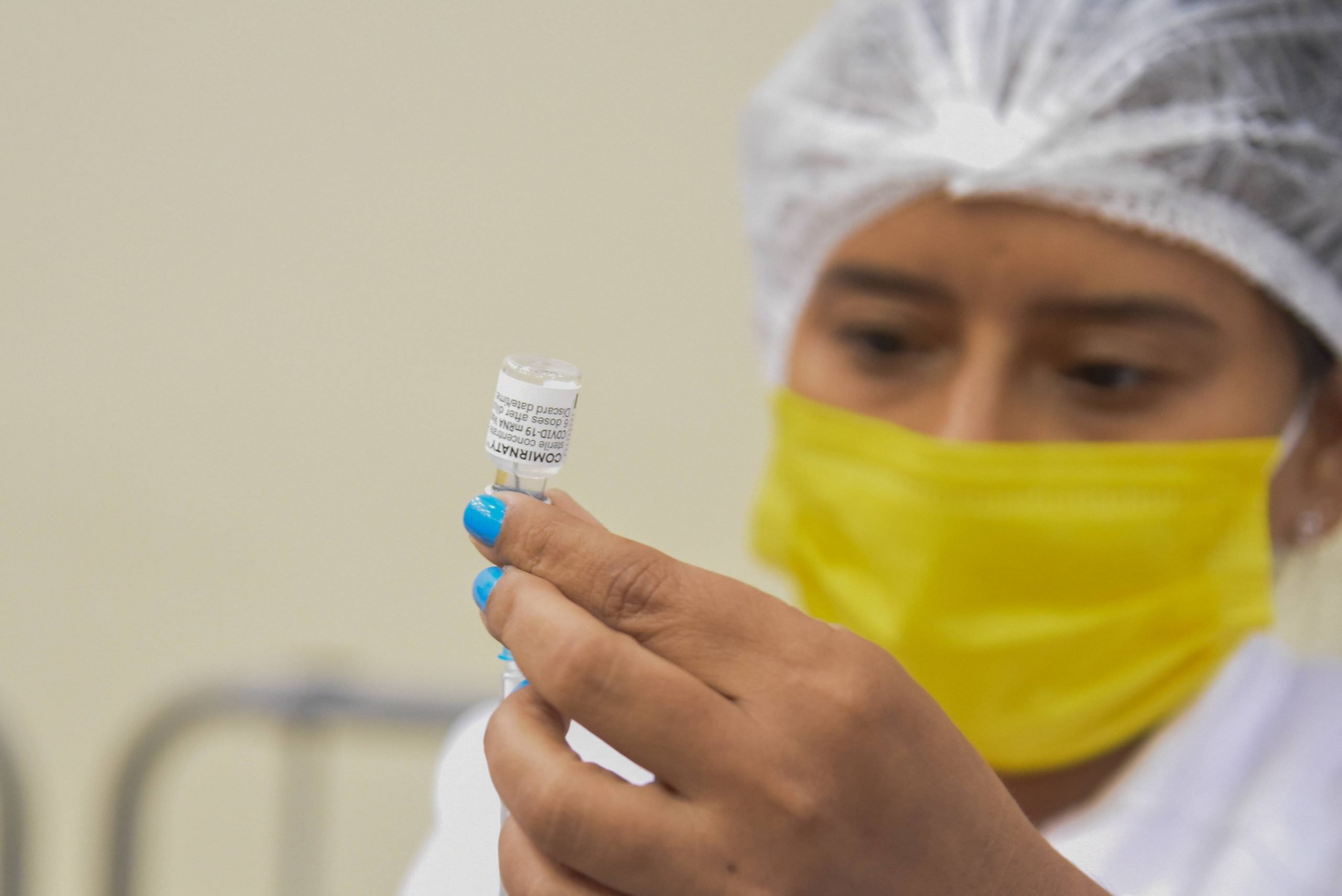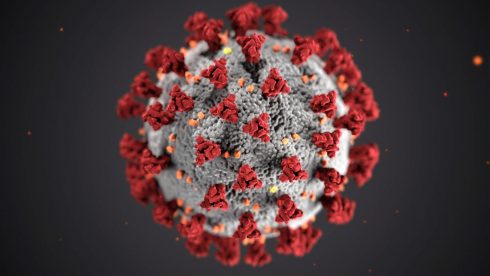SPAIN has drawn up plans to vaccinate secondary school children against COVID-19 before the end of summer.
The county’s health minister yesterday revealed that pupils between 12 and 17 years old will receive the jab ahead of starting the new school year in September, in a move that could help prevent school closures if infections rise.
Minister Carolina Darias: “The idea we have is…that before the start of the school year approximately … two weeks before, to be able to start this inoculation of our adolescent boys and girls.”
Any decision to roll out the vaccine to children in that age group must be ratified by her ministry’s public health commission.
What other countries are planning to vaccinate children?
Last week, the European Commission authorized Pfizer and BioNTech’s COVID-19 vaccine to be used in children as young as 12 but left decisions on when to roll out the shots up to member states.
Germany announced plans to begin vaccinating youngsters from June 7, while Italy said it would soon extend its campaign to include children.
The UK has been on of the fastest in the world to roll out their vaccine – currently those aged 29 and are receiving their first dose – but has yet to come to a decision on children.
Meanwhile the the US has already immunised around 600,000 children, aged between 12 and 15.
Is the number of doses or timing of this vaccine different for this age group than for adults?
No, everything about the dosing is the same: two shots of the Pfizer vaccine for full vaccination — each scheduled about 21 days apart. Clinical research on Pfizer’s COVID-19 vaccine confirm the dosing regimen should work well in this age group.
A study across seven countries, published in the Lancet, estimated that fewer than two out of every million children died with Covid during the pandemic.
However there is evidence of potential for transmission in secondary school ages, so vaccinating could help to minimise the overall transmission rate.
What is the benefit if kids have the vaccine?
Unlike older age groups, infections in children are nearly always mild or asymptomatic, which is why Spain is progressively working its way through age groups from oldest to youngest.
How do we know it works in kids?
Moderna has tested its vaccine in nearly 4,000 children ages 12 to 17. Johnson & Johnson is also undertaking studies for the same age group. A trial analysing a sample of 1,100 children who received the Pfizer vaccine found that vaccinated adolescents had high levels of antibodies in their blood — a signal they had developed strong protective immunity.
There is not yet data available to determine how long the vaccine will provide protection but clinical trials have found that vaccines are 100% effective in preventing COVID-19 so far.
What about side effects in this group?
Clinical trials suggest children will experience similar side effects to the young adults, if any. One study found that 91% of children who received the vaccine reported temporary pain at the injection site and around 75% were tired the next day or had a headache. Less than half of the youngsters experienced chills (49%) or muscle pain (42%). Other, less frequent side effects reported included short-lived fever, joint pain and nausea, similar to the flu.
When will children younger than 12 be eligible for COVID-19 vaccination?
In May Pfizer CEO Albert Bourla said his company plans to submit the applications for emergency use authorization in children ages 2-5 and 5-11 but there has been no official word yet in Spain.
Click here to read more Health News from The Olive Press.








